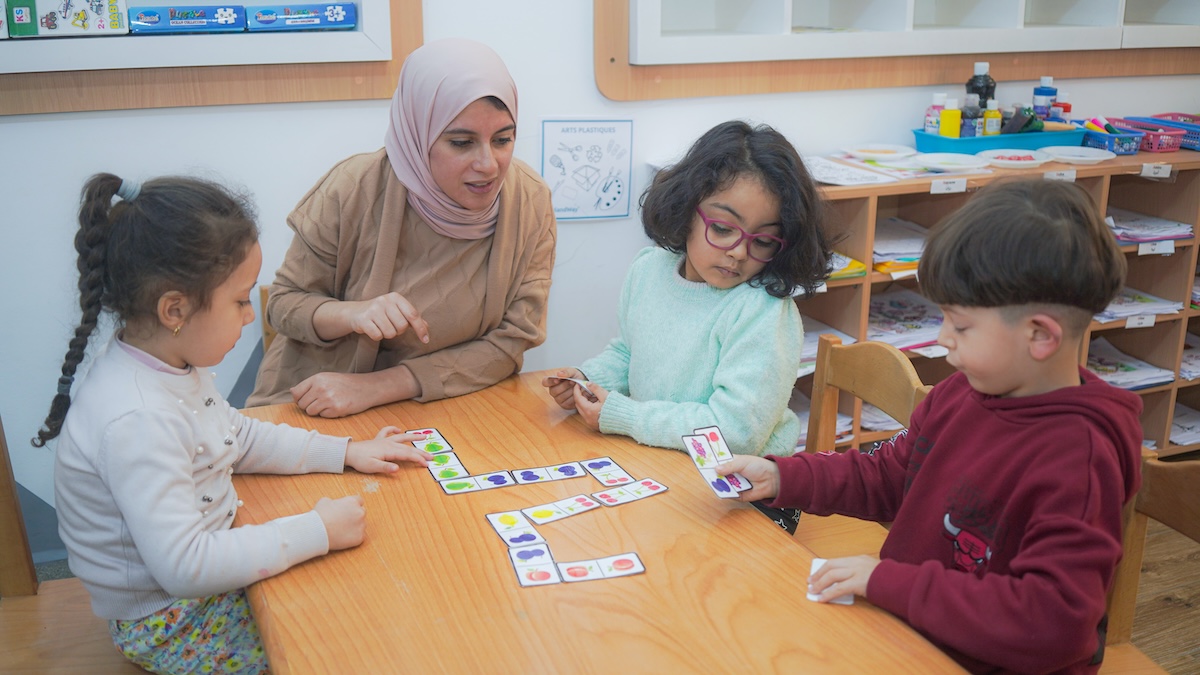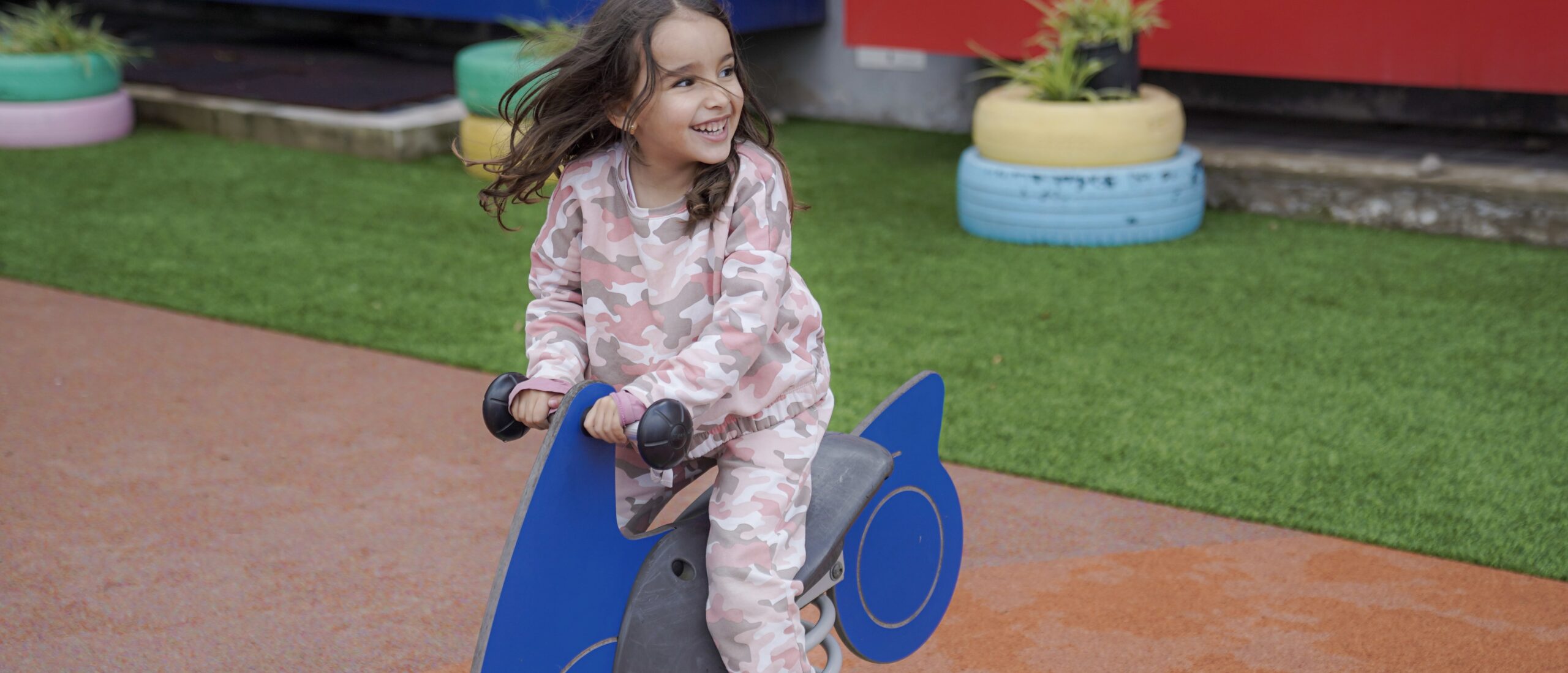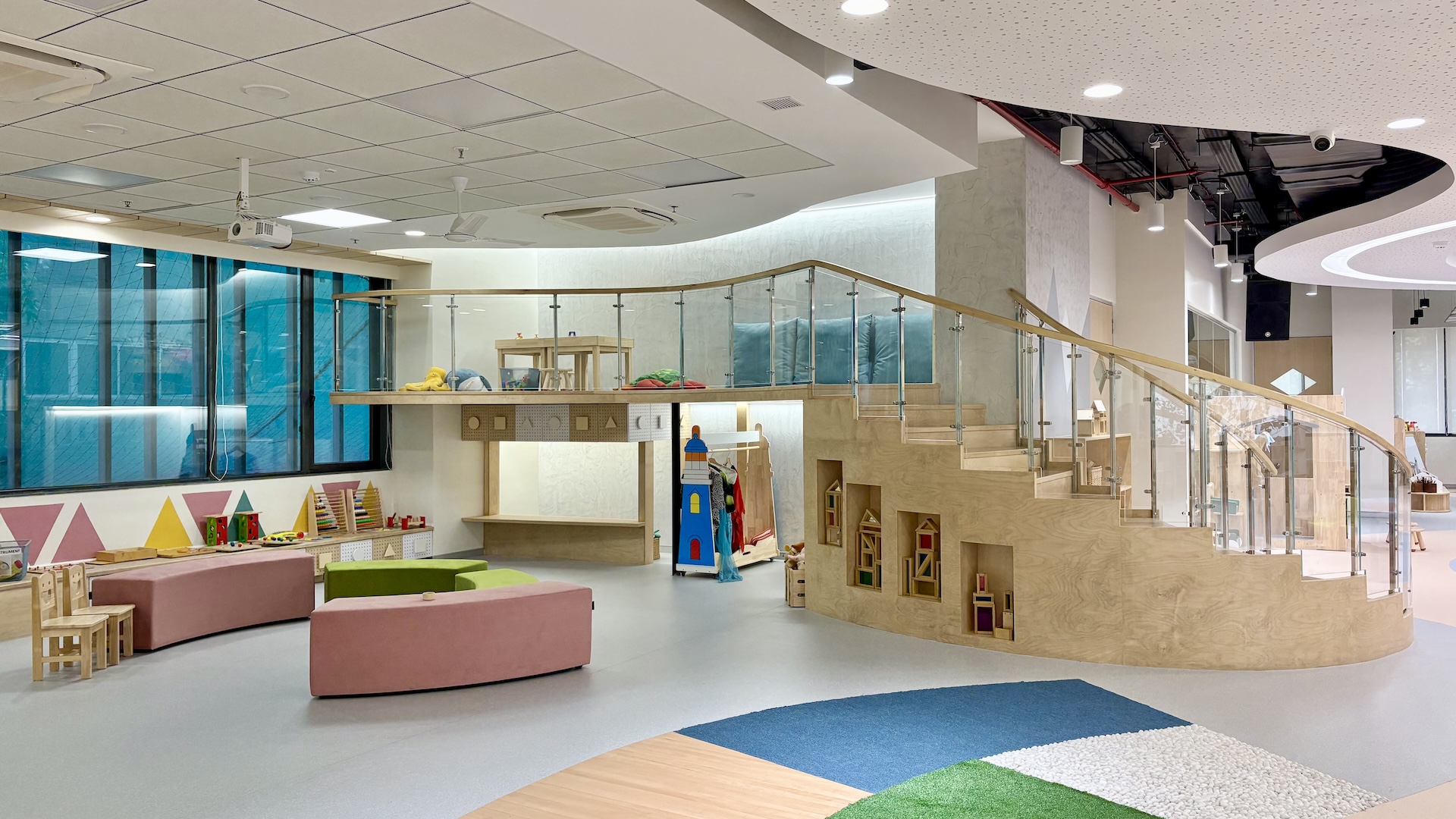
Why Future Skills Matter in 2025
Future skills bring together technical knowledge, digital literacy, emotional resilience and social intelligence. These abilities are becoming essential as children grow up in a world where change is constant and collaboration reaches across borders.
Several global shifts are making these skills more important than ever. Artificial intelligence and automation are reshaping the way we work. Digital tools are becoming part of daily life from a very young age. At the same time, international cooperation is becoming a core part of many professions and communities.
The World Economic Forum estimates that by 2025, more than half of all employees will need to learn new skills. By nurturing future skills from early childhood, we give children the tools they need to face new challenges with adaptability, confidence and creativity.

Top Future Skills for Kids in 2025
1. Critical Thinking and Problem-Solving
Children who learn to ask questions, evaluate ideas and solve problems independently are better prepared for real-world challenges. These skills can be practised through puzzles, basic science experiments and structured group tasks.
2. Creativity and Innovation
Creativity is not limited to the arts. It is about generating new ideas, exploring possibilities and thinking beyond the obvious. Children benefit from open-ended play, imaginative storytelling and hands-on design projects.
3. Digital Literacy and Tech Fluency
Children need to understand how technology works and how to use it safely. Introducing coding platforms such as Scratch or Tynker, exploring digital storytelling and teaching online safety are great starting points.
4. Emotional Intelligence and Empathy
Human connection remains vital. Children need to recognise emotions in themselves and others, communicate clearly and show empathy. Role play, storytelling, and mindfulness support these skills.
5. Adaptability and Resilience
Children must learn to face uncertainty with confidence. Building resilience involves managing frustration, reflecting on mistakes and fostering personal agency.
6. Global Awareness and Cultural Intelligence
Understanding different cultures, languages and perspectives fosters empathy and respectful communication. Activities include learning greetings in various languages, world stories, and celebrating global traditions.

How Educators and Parents Can Nurture Future Skills
Learning Through Play and Exploration
Play is a powerful way to support skill development. Children learn collaboration, creativity, and problem-solving through scenarios like:
- Role-play: “store manager” or “city builder”
- Building block structures to teach planning
Project-Based Learning (PBL)
PBL helps children explore real-world questions through experience. In Finland, projects deepen understanding through critical thinking and multiliteracy skills.
Example: Designing a sustainable nursery garden, combining subjects and promoting teamwork.
Tech-Integrated Learning Environments
Digital tools enhance learning when thoughtfully used. Recommended tools include:
- Osmo
- LEGO Spike
- Bee-Bot
These platforms combine play and digital interaction in early learning environments.
Data Snapshot: Rise of Digital Skills in Early Education
| Year | Percentage of Preschools Using Digital Tools |
|---|---|
| 2010 | 12% |
| 2015 | 28% |
| 2020 | 56% |
| 2025 | 75% (projected) |
Case Studies: Where Future Skills Are Thriving
- Finland: National curriculum integrates transversal competencies across subjects through real-world projects.
- India: NEP 2020 introduced coding in primary schools, supported by partnerships and training.
- UK: Mindfulness and emotional literacy programmes improving behaviour and regulation in early education.
FAQ: Future Skills and Preschool Learning
Q1: Are future skills more important than academics?
A: Academics and future skills work together. Future skills apply academic knowledge in real life.
Q2: Can parents teach these at home?
A: Yes. Creative play, family projects and open conversations help develop these skills.
Q3: At what age should children start learning future skills?
A: As early as age 3. Empathy, cooperation and digital awareness can start through guided play.
Conclusion: Preparing for Tomorrow, Today
Future skills are foundational, not optional. Supporting creativity, critical thinking, empathy, and tech fluency helps children thrive in a changing world.





